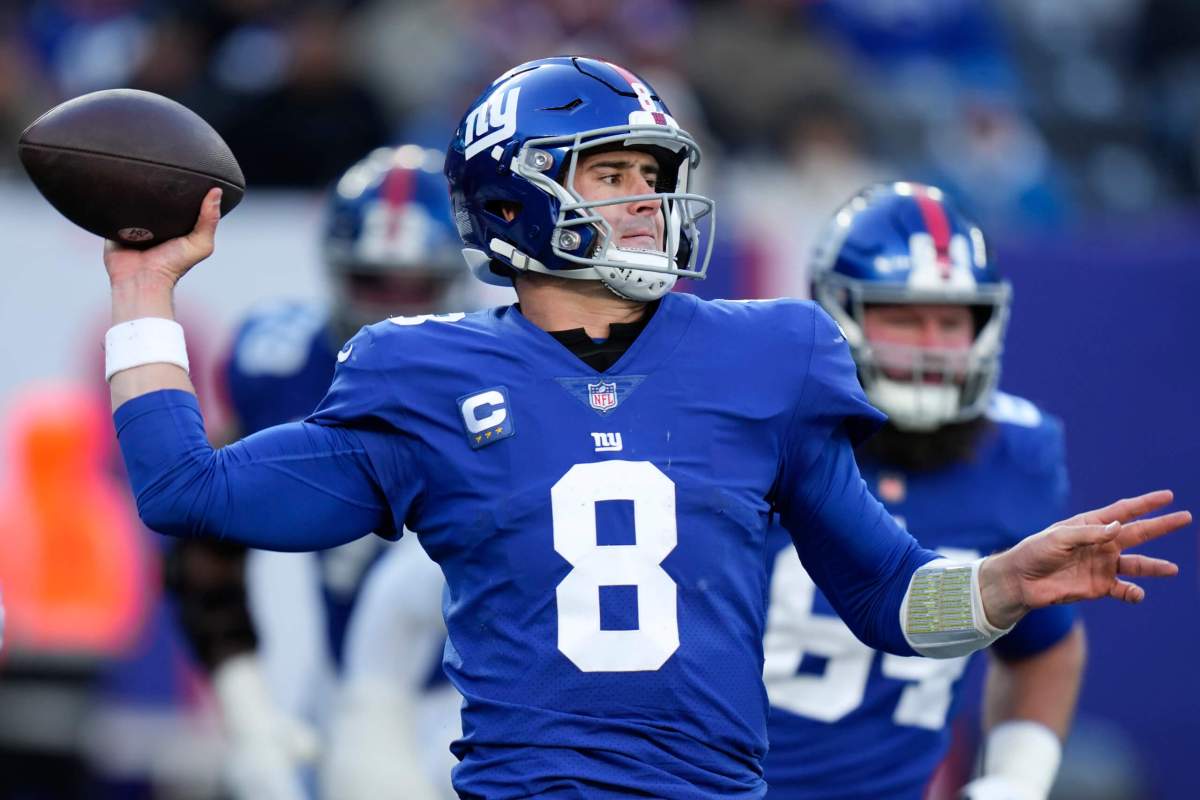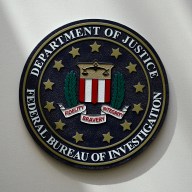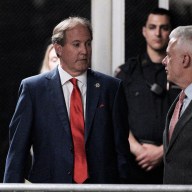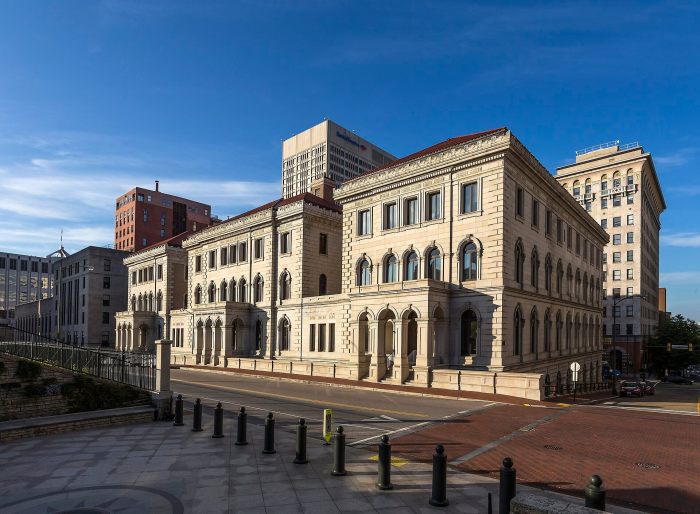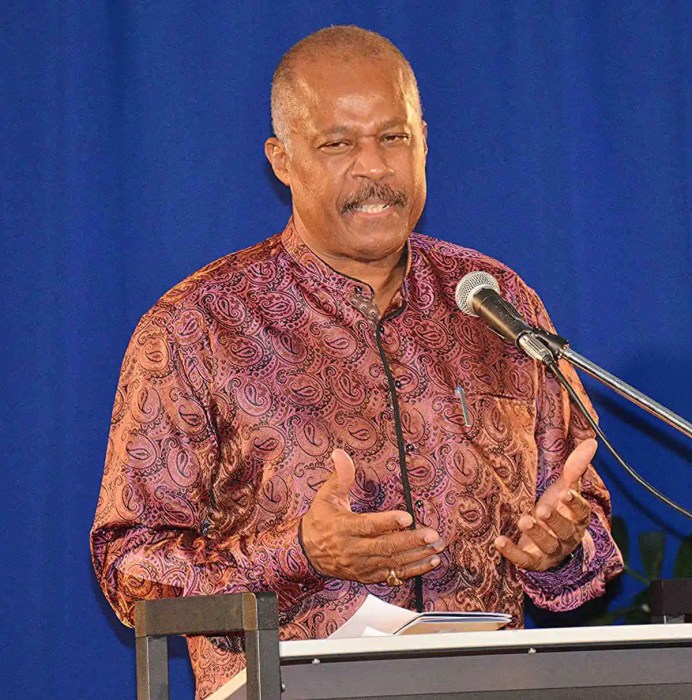By Dan Kelley
PHILADELPHIA (Reuters) – Civil rights groups asked a panel of federal judges on Tuesday to overturn a lower court’s ruling that there was nothing harmful in New York City police conducting surveillance on Muslims in neighboring New Jersey without suspicion of a crime. The hearing came days after the deadly attacks in Paris by Islamist gunmen, which have renewed the debate over the balance between government surveillance and citizens’ civil liberties. Some Muslims have expressed concern that the attacks will be used to justify spying on them or spark an anti-Muslim backlash. The Muslim plaintiffs, including New Jersey imams, business owners, a war veteran and a student group, first sued the city in 2012. They said their lives had been disrupted in myriad ways and their constitutional rights breached by New York police surveillance. A federal judge dismissed the lawsuit last February. In his ruling, U.S. Judge William Martini agreed with the city’s argument that if there was harm then it was caused not by the surveillance program, but rather by a series of Associated Press articles that revealed the program’s existence. Baher Azmy, a lawyer from the Center for Constitutional Rights representing the plaintiffs, said at Wednesday’s hearing that Muslims in New Jersey were singled out in a way that did not happen with other religious groups. “This is a blunderbuss, suspicion-less surveillance program where the only search criteria is religion,” Azmy told the three-judge panel at the U.S. Court of Appeals for the Third Circuit in Philadelphia. Peter Farrell, a lawyer for New York City, argued that surveillance carried out in public places was harmless. He described the program as helping the police be prepared for future criminal investigations. If investigators were to discover that a Syrian person was planning an attack, Farrell said by way of example, then it would be helpful to know where Syrian people tend to gather.
HATE CALLS
New York City Mayor Bill de Blasio, a liberal Democrat who took office a year ago promising police reform, has continued to fight the case in the same way as his predecessor, Michael Bloomberg.
Peter King, a Republican congressman from New York’s Long Island, has said that the Paris attacks showed why surveilling Muslim neighborhoods was necessary.
During the hearing, Judge Jane Roth cited that attack and al Qaeda’s 9/11 attack on the United States as showing that there could be “legitimate police investigatory reasons for this surveillance.” “How do you find out where that’s going on?” she said. “If you go to a Baptist church, you aren’t going to find anything relevant, are you?”
After Wednesday’s oral arguments, it was not immediately clear when the court might issue its decision.
Since Islamist gunmen killed 12 people at offices of the satirical newspaper Charlie Hebdo in Paris, several Islamic leaders in various American cities said they had braced themselves for a rise in threats, insults and attacks. By and large, that had not happened, they said, although some mentioned being concerned about reports of threatening telephone calls made to mosques in Ohio over the weekend.
The Council on American-Islamic Relations in Washington, one of the nation’s largest Muslim rights groups, described receiving a “tremendous spike” in anti-Muslim messages since the attack. “I personally have been receiving many, many hate calls, hate emails, not always threatening, but mostly obscene, making reference to those attacks and other things,” Ibrahim Hooper, the group’s spokesman, said. (Reporting by Dan Kelley; Writing by Jonathan Allen; Additional reporting by Jonathan Allen in New York, Ian Simpson and Mark Hosenball in Washington, D.C., and Carey Gillam in Chicago; Editing by Eric Beech)



